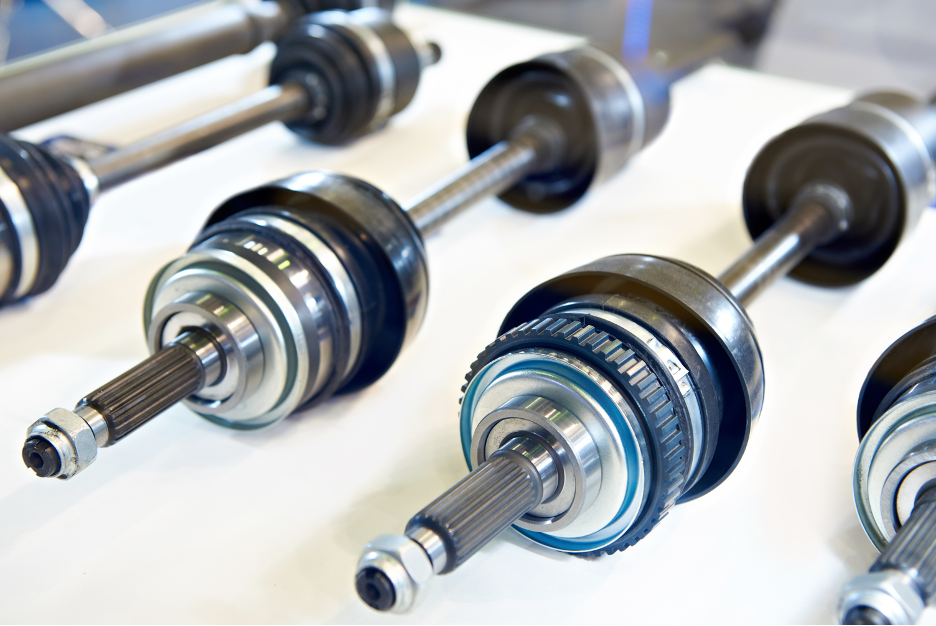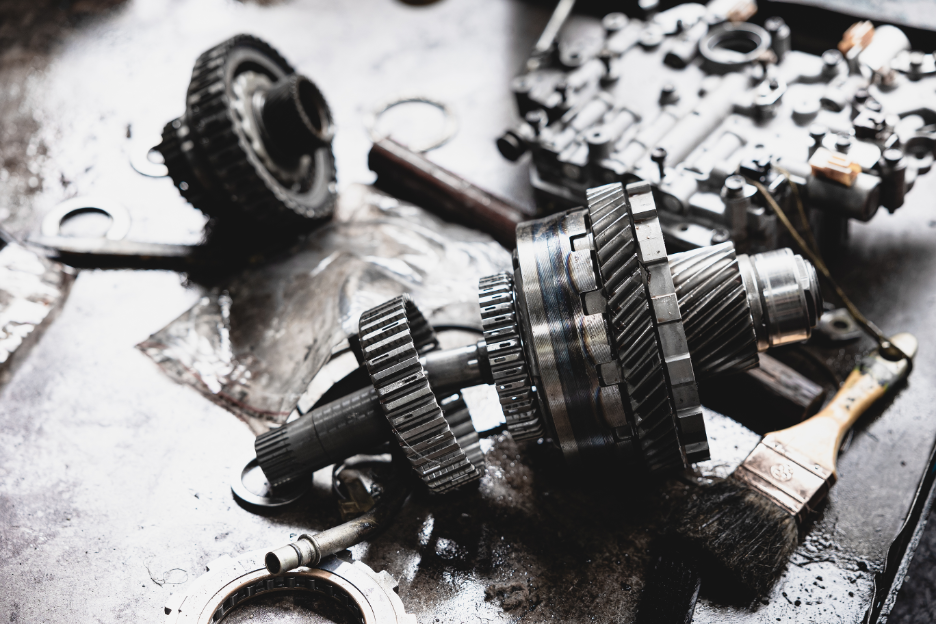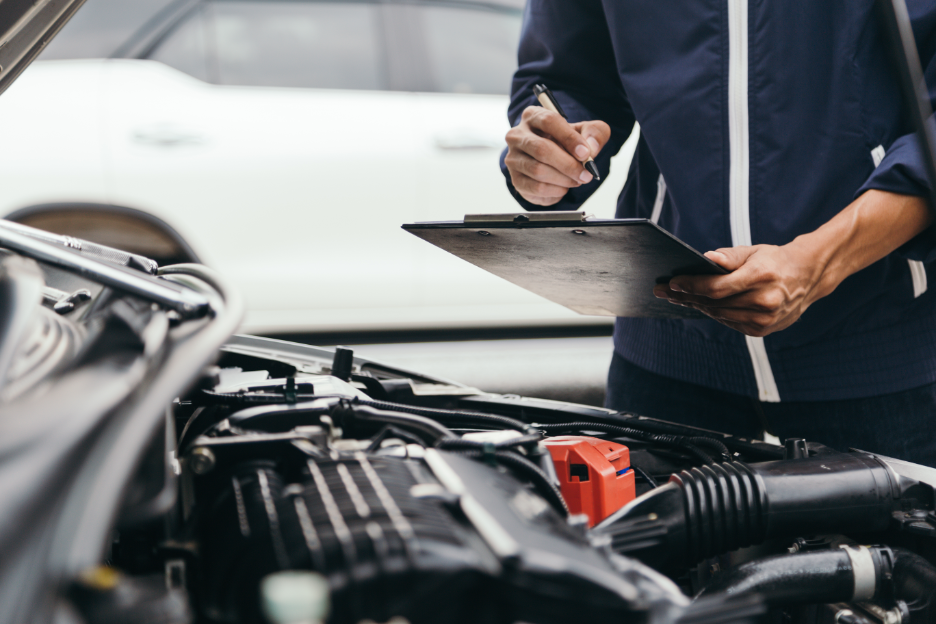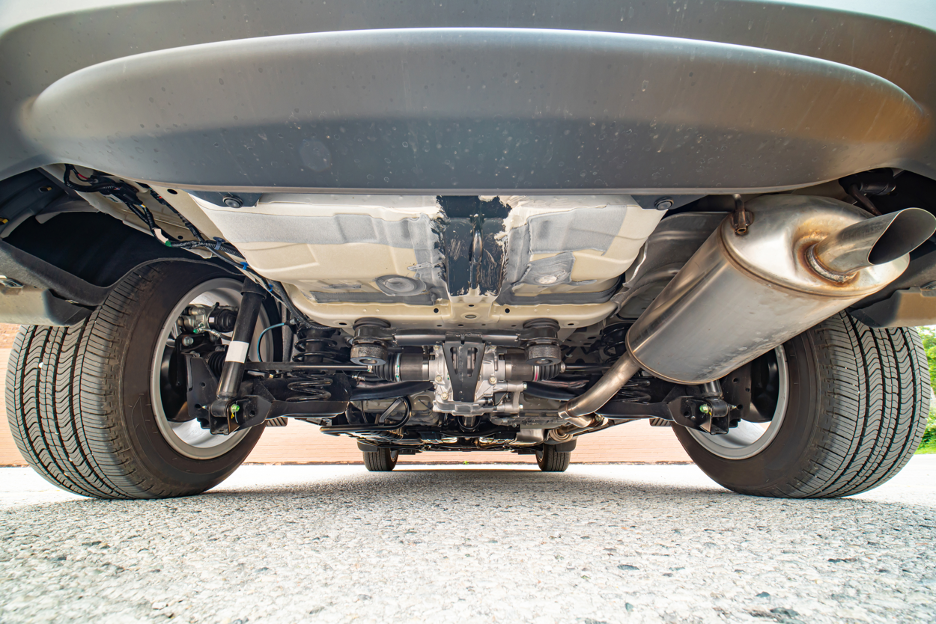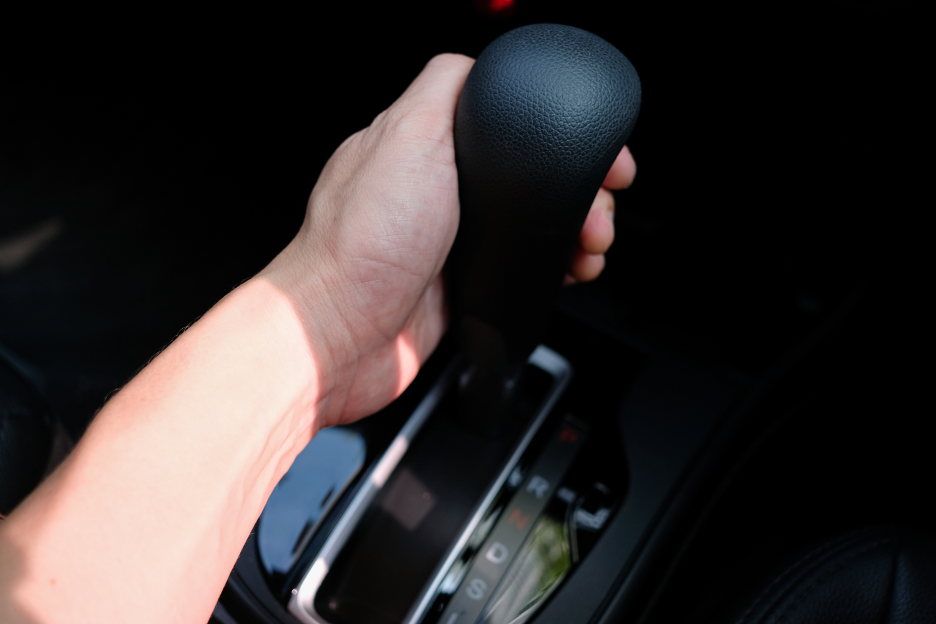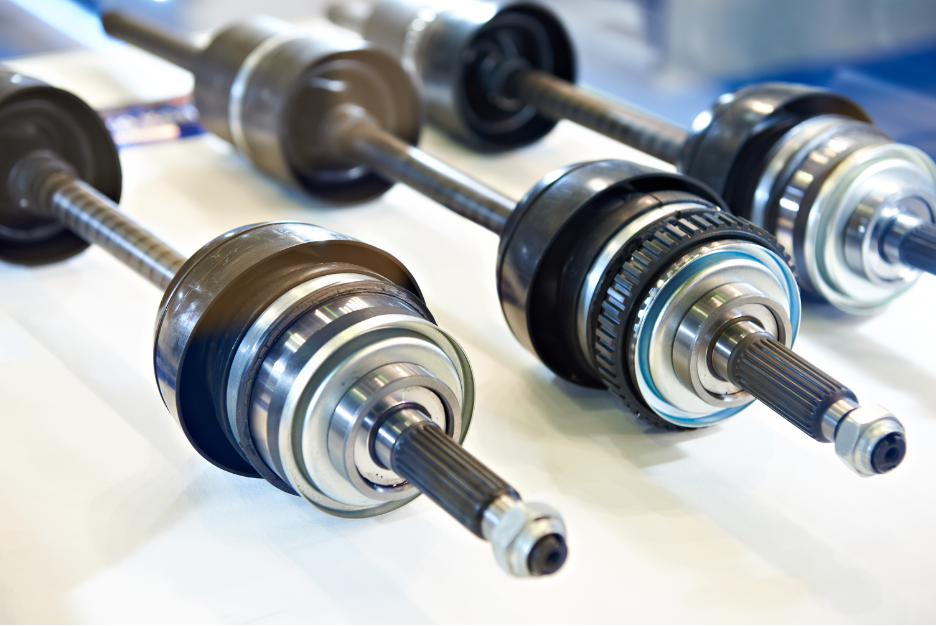If your car shakes, hums, or wobbles when you are driving fast, your driveshaft could be off balance. These signs usually appear at higher speeds and get worse if you ignore them.
When your driveshaft is not balanced, it can damage other important parts like the U-joints, bearings, or even the differential. That is what makes it so important to catch the problem early. Below, this drive shaft repair mechanic in Chicago, Illinois is going to explain what drive shaft balancing is and what it can do for your car.
What does driveshaft balancing do?
The driveshaft takes the power from the engine and moves it to the wheels. This is how your car moves.
If it is even a little off balance, you will feel it. Your car might shake or wobble, especially when you are going faster. Driveshaft balancing corrects this.
How does a mechanic balance a driveshaft?
A mechanic will remove the complete driveshaft assembly, including the U-joints and slip yokes. They will then mount it on a balancing machine. This machine spins the driveshaft at around 3,300 RPM and uses sensors to find where the imbalance is happening.
The mechanic then adds small counterweights to achieve rotational balance. These might be welded on or stuck with a strong adhesive. Even a small adjustment can correct the wobble and prevent further driveshaft damage.
What happens if you ignore it?
An unbalanced driveshaft sends out vibrations that get worse the faster you go. Most drivers notice it between 30 and 50 mph.
You might feel shaking through the floor, the seat, or the steering wheel. Sometimes, you might feel a clunk when you press the gas or shift gears. It can also feel like your car is “off-center” or unstable.
When this happens, it can wear down the transmission, differential, and U-joints. The way your car drives and handles can also get worse. You might even notice your gas mileage dropping.
When a driveshaft is properly balanced, it reduces all that wear and vibration. It can even improve your car’s fuel efficiency. This is why professional drive shaft repair mechanics in Chicago, Illinois always checks for balance, especially if you have had suspension work or installed aftermarket parts.
When should you get it checked?
If your car shakes or rattles at high speeds and the tires are fine, your driveshaft could be the problem. You might also hear clunking under the car when you accelerate or feel a thump when shifting gears. Even a subtle but constant vibration in the cabin is worth inspecting.
A certified drive shaft repair mechanic in Chicago, Illinois will check everything carefully. They will use two kinds of balancing: static and dynamic.
In static balancing, the driveshaft is placed on rollers. If one part is too heavy, it drops to the bottom. The mechanic then adjusts the weight to fix it. Dynamic balancing is more advanced. The shaft spins while sensors check both sides for imbalance. Then, the mechanic adds small counterweights to correct the imbalance.
While doing this, the mechanic will also check the U-joints, yokes, and bearings. If any other components are damaged, they will address that as well.
Can a bad driveshaft be dangerous?
Even small imbalances can lead to serious issues. The constant shaking puts pressure on parts that were not built for it. And if a U-joint breaks while you are driving, the driveshaft can come loose. It might whip around under the car and damage the transmission, brake lines, or steering parts. You could even lose control of the vehicle.
It is not worth the risk. If your car feels off, even just a little, you should get it checked by a driveshaft repair mechanic.
Looking for a Drive Shaft Repair Mechanic in Chicago, Illinois?
If your car does not feel steady or makes odd sounds, King Transmission Company is the place to visit. As the top-rated drive shaft repair mechanic in Chicago, Illinois, we will check everything underneath and make sure it is all running at its best. Contact us today to schedule a service.

